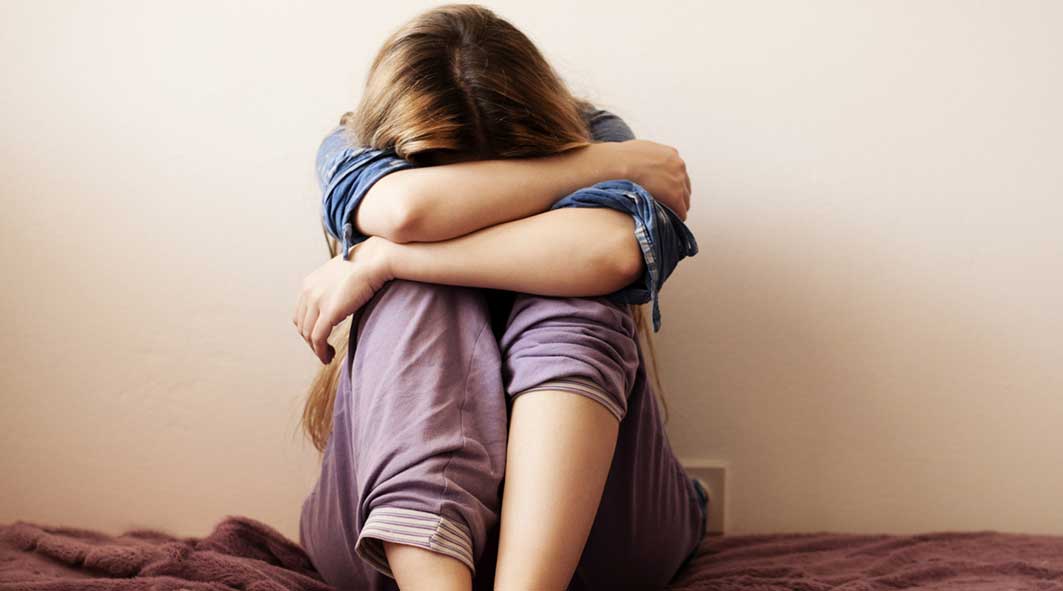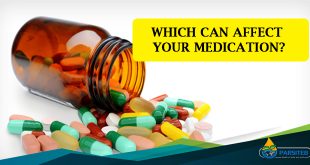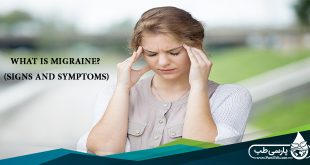Woman and Depression
Statistics suggest that women are more likely to suffer from a depressive illness than men. Two out of three patients in hospitals with such disorders are women, and most of them are married. The propotions are the same among those seen by doctors but not admitted to hospital. These are suggestions that women born since the mid 1960s are showing signs of being slightly less likely to become depressed, although this has not yet been confirmed. But what does it imply?
Women Are at Greater Risk for Depression than Men
Many factors that appear to contribute to depression are common to both women and men, while the specific causes of depression in women remain unclear. However, varied factors unique to women’s lives are suspected to contribute to depression — developmental, reproductive, hormonal, genetic, and other biological factors; abuse and oppression; interpersonal factors; and certain psychological and personality characteristics.
Regardless of contributing factors, depression is a highly treatable illness and treatments are effective for a majority of women.
What are the symptoms of depression in woman?
Reduction of interest and/or pleasure in activities, including sex
Feelings of guilt, hopelessness and worthlessness
Suicidal thoughts (recurrent)
Sleep disturbance (insomnia or hypersomnia)
Appetite/weight changes
Period irregularities.
Constipation.
Attention/concentration difficulties
Decreased energy or unexplained fatigue
Psychomotor disturbances
Cause of Depression in Woman:
Depression in Women – due to Hormonal Changes
Most women are aware that their own hormonal changes can make them more susceptibility to mood change around the time of their monthly period, during pregnancy, after childbirth, and at the menopause. In some women this takes the form of varying degrees of irritability, in other words it can induce melancholy.
If a woman is already suffering from a depressive illness, it may be exaggerated by these hormonal factors, but they alone do not cause depression in women. Nevertheless they may be considered to be a predisposing factor. A woman may be more susceptible to a depressive illness, given other necessary factors, around the times of hormonal changes.
Depression in Women – due to social influences
The other reason why women and depression go more together than in men seems to be due to the way society treats them, and its expectations of them. The fact that rates of depressive illness tend to change for entire generations suggests that it is an illness that is very strongly influenced by the social mores of the time.
As I have said, recent figures seem to indicate a reduction in susceptibility to depression in women. This may reflect their changing role in society and the general trend for them to be more involved in activities outside the home than previously. This hypothesis is supported by research that showed that women were susceptible to depression if they lacked a full- or part-time job and were involved in the care of young children.
Depression in Women – due to low self-esteem
The reason for this is that women who have no job outside the home, or who have little time for themselves because of the demands of young children, tend to lose their sense of identity. They see themselves as people who are only there to serve the needs of others. This leads to a loss of self-esteem and self–a confidence which, in turn, contributes to the feelings of unworthiness that are a common feature of depression in women.
It has also been suggested that women confide more in their friends at work than men do. This freedom to confide can be release and helps overcome any build-up of negative feelings and tensions before they have the chance to develop into a mood disorder. This further costs as depression in women.
Depression in Woman – after childbirth
Many women are also particularly vulnerable after the birth of a baby. The hormonal and physical changes, as well as the added responsibility of a new life, can be factors that lead to postpartum depression in some women. While transient “blues” are common in new mothers, a full-blown depressive episode is not a normal occurrence and requires active intervention. Treatment by a sympathetic physician and the family’s emotional support for the new mother are prime considerations in aiding her to recover her physical and mental well-being and her ability to care for and enjoy the infant. Find out more in postpartum depression and women.
Depression in Woman – due to financial matters
Low economic status brings with it many stresses, including isolation, uncertainty, frequent negative events, and poor access to helpful resources. It is known that depressive feelings and demoralization are common among the poor, the deprived, and those lacking social supports, and yet it is not clear whether depressive illnesses are more prevalent among victims of such environmental stressors. In fact, one very large study has shown that these illnesses tend to equally affect the poor and the rich.
Depression in later adulthood
Once, depression at menopause was considered a unique illness is known as “involutional melancholia.” Research has shown, however, that depressive illnesses are no different, and no more likely to occur, at menopause than at other ages. In fact, the women most vulnerable to change-of-life depression are those with a history of past depressive episodes. An old theory, the “empty nest syndrome”, stated that when children leave home, women may experience a profound loss of purpose and identity that leads to depression. However, studies show no increase in depressive illness among women at this stage of life.
What Healthcare Provider Can Do for women in depression:
Depression treatment varies by individual, and can include:
Professional counseling
Antidepressant medication- you can find more on women depression medication.
What Woman Can Do in Depression:
Put off making any major life decisions (like changing jobs, moving, or getting married or divorced) when you are depressed.
Don’t use alcohol, drugs or medications that have not been prescribed to you because they may interfere with your medications.
Get plenty of rest.
Eat balanced diet.
Keep up hope that you will improve, even if gradually.
Get regular exercise.
Obtain support from friends and family.
Also find out the Male Depression and Complete Women’s Health Guide
 Parsi Teb Physical and Mental Health Journal
Parsi Teb Physical and Mental Health Journal 



